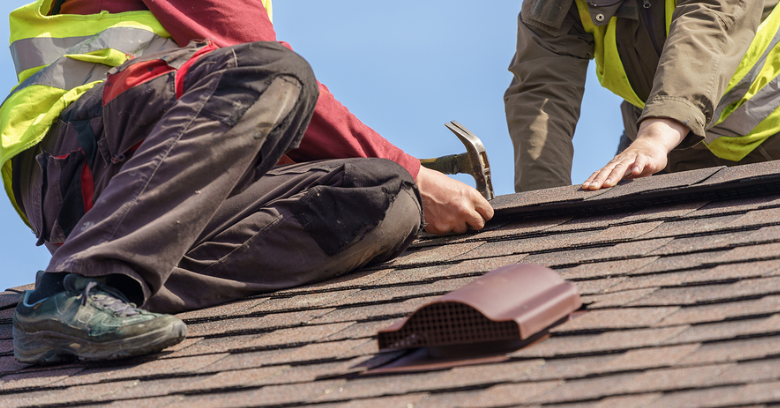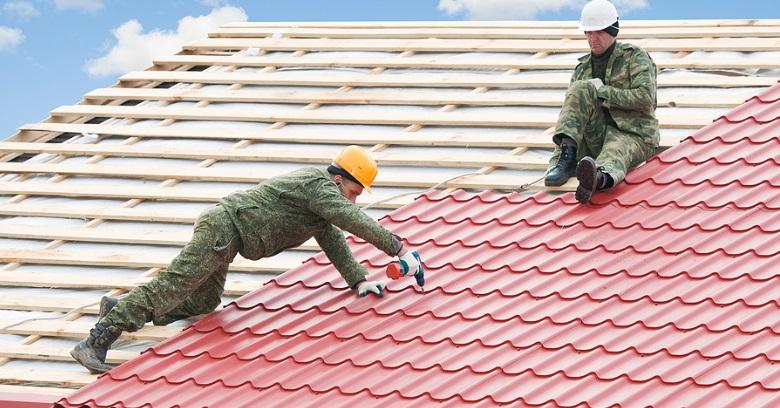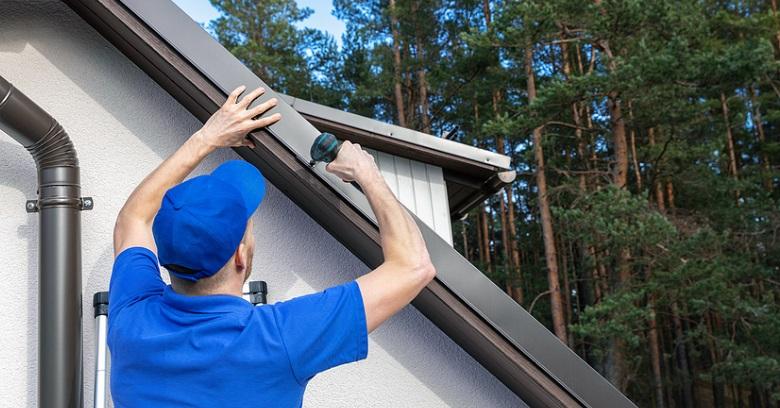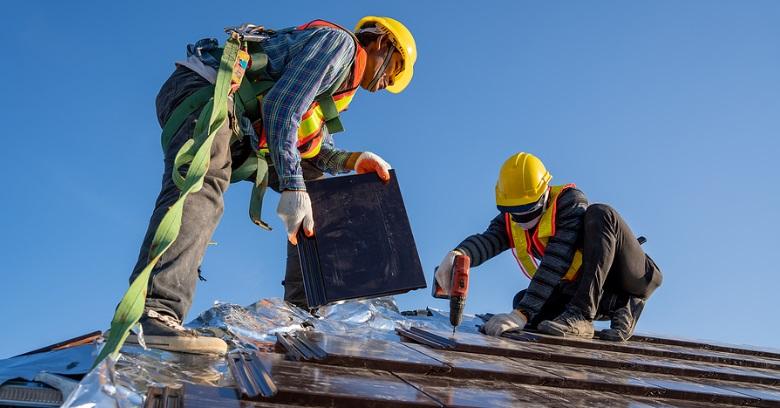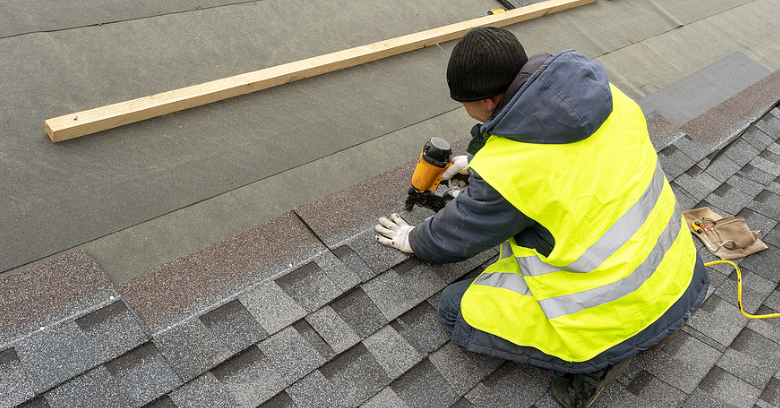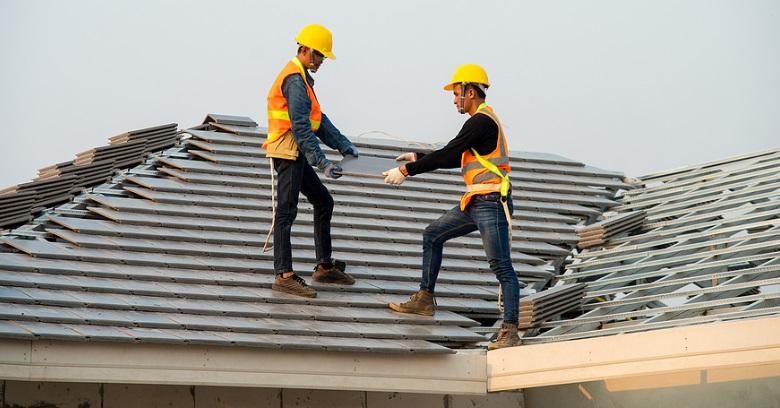A common misconception many people have is that flat commercial roofs are completely flat. In actuality, flat roofs are slightly sloped to promote water drainage and prevent ponding and the damage it can cause.
One of the ways that commercial roof services can repair a system that does not have enough slope is by applying an auxiliary sloping compound to increase the slope. Yet to ensure a durable application, it is important that contractors use a product that has undergone ASTM durability testing.
Why Is Durability Testing Important for Sloping Materials?
When buildings with flat roofs begin to experience drainage problems due to insufficient slope, the most effective way to repair this issue is by spreading an auxiliary sloping material over the surface to build up the correct slope. These compounds, which are mixed on site, must be durable enough to withstand a variety of conditions or they can deteriorate and worsen the problem.
The better and more reputable products are ASTM tested for durability against many different conditions to help ensure they stay adhered as long as the original installation. Since sloping material is applied over a commercial roof, it needs to be just as, if not more protective than the original surface to maintain the added slope.
How Are Sloping Roof Materials Tested?
The various sloping materials used on flat roofs are ASTM tested in a number of ways to determine their durability, and to see how well they stand up to some specific conditions. Following are some of the things that are tested:
- Bonding Strength - Unless a sloping compound has excellent bonding strength, it could separate from the roof surface or allow moisture to seep underneath. Ponding and other deterioration is possible and can result in large amounts of damage even though the reason for using this type of product is to prevent this type of water damage. Commercial roof services must always use a product with a high ASTM bond rating to ensure secure bonding after application and reduce the possibility of continued damage.
- Compressive Strength - Since sloping materials are applied over the roof, they must also have adequate compressive strength to handle any equipment mounted to the top of the building as well as snow accumulation. ASTM rates these products on how much weight they can handle before incurring damage.
- Freezing and Thawing Durability - When applied over concrete and certain other materials, repeated freezing and thawing can negatively affect a less durable sloping compound or prevent it from thawing completely in colder months. ASTM freeze and thaw tests indicate how well each product can withstand wet and freezing conditions and whether a compound begins to deteriorate after a short time or stays resilient.
- Fire Testing - Since auxiliary sloping materials are essentially external coatings that commercial roof services apply onto an existing installation, their behavior when exposed to fire must also be taken into consideration. ASTM testing calculates how flammable each material is, whether intermittent exposure to flames results in a fire, how fast a fire can spread, how fast it can be extinguished, and how fast a material burns once on fire. These ratings are extremely important not only in determining the risk to the main roofing structure, but to the entire building as well.
When commercial roofs with drainage problems are corrected through the use of auxiliary sloping materials, it is essential that commercial roof services use a product that is durable. Those with the highest ASTM ratings in each of the various testing categories are the safest and most durable option for correcting flat roofs with inadequate slope!

